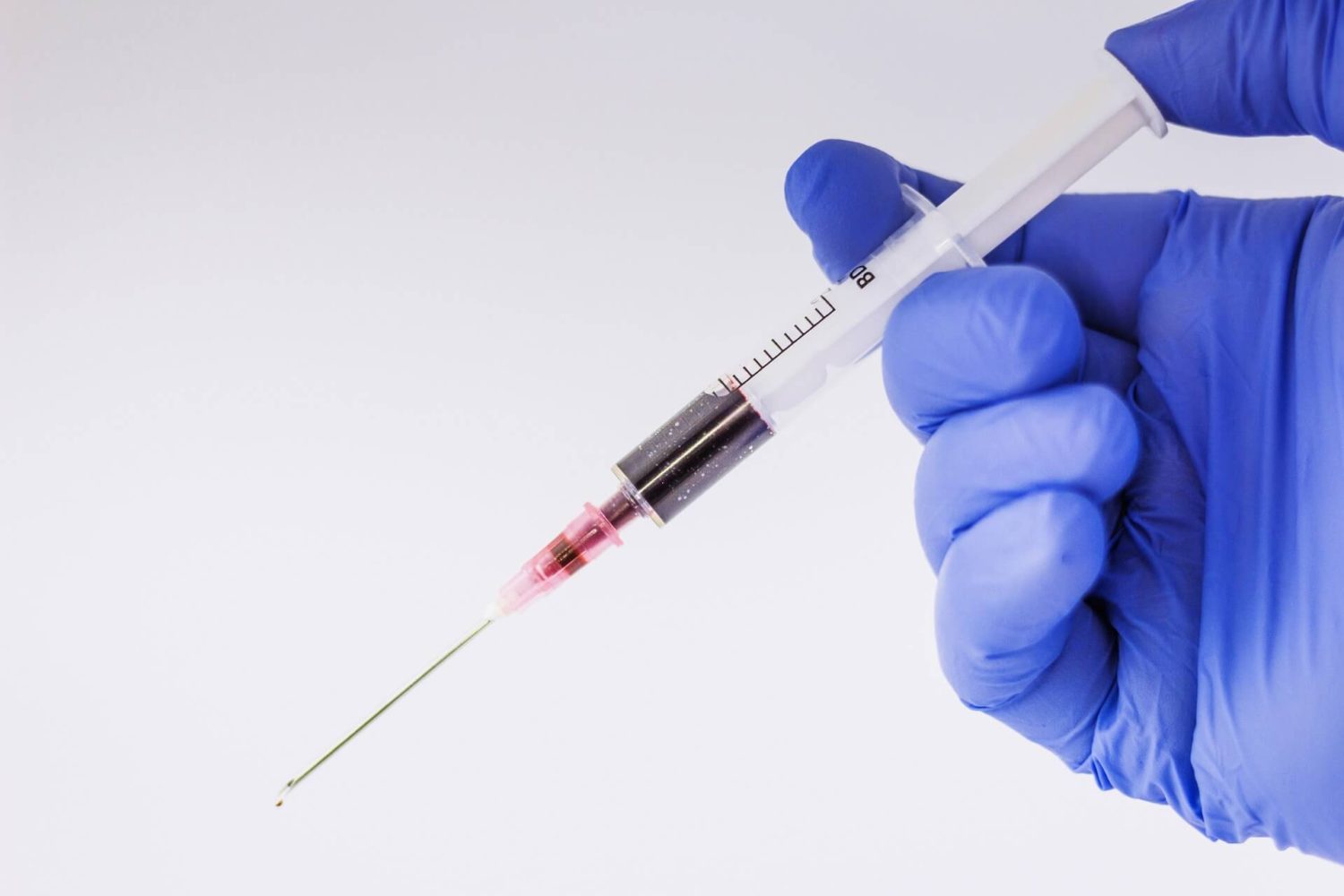So you have taken the pregnancy tests and you are over the moon as you are going to have your first baby. Many Congratulations Mommy-to-be :)!!
Nothing makes you mushier than this feeling of having a living being inside you. Over the next few months as your fetus grows into a baby you have to nurture it and yourself with utmost care. Maintaining a healthy diet, a light exercise routine, taking your supplement as advised by your gynaecologist and also regular check-ups. It is also, important to research a good gynaecologist and figure out the hospital you would like to deliver in.
In your first visit, the physician will do a thorough gynaecological exam i.e. a pap smear along with a breast, heart, and lungs examination. The Pap smear is only repeated next when you go into labour. Over the next few months, you will have to undergo many prenatal tests.
http://maaofallblogs.com/2017/06/5-early-signs-that-say-pregnant.html/
On World Heart Day, I wanted to discuss a very important topic. Very recently a perfectly healthy looking child collapsed in Pawar school and died. He was suffering from pneumonia and parents were unaware. There are many such hidden issues, one of them being congenital heart disease in kids. You can get tests done for the same early in life even during your pregnancy. As a mom-to-be it helps to be aware of the Important Prenatal Tests you should be undergoing at different stages.
You’ll find two types of prenatal tests are performed during your pregnancy: Routine tests and those that are done for patients who are considered to be at risk. Apart from the common tests like CBC, Urine Screen, Pap Smear, these are some important ones, however, if your doctor doesn’t find those important for you, he or she may not ask you to get them done;
Hepatitis B
If the mother to be has had Hepatitis B before then it is best to check with the doctor for this test. Babies born to such moms can become carriers and develop chronic hepatitis.
HIV Test for AIDS
Studies and research have proved women with AIDS have a 30% chance that it will be transmitted to the baby too. For initial screening, Western blot analysis is done for moms. If found positive, mother to be can be put under medication and if nothing works she needs to be counseled to end her pregnancy. The baby may have the HIV infection, but not full-blown AIDS. AIDS is a deadlier disease for the mother and baby.
Thalassaemia Profile
Your doctor will ask you to get a range of blood tests at your first antenatal appointment. One of them will be to check if you are a thalassemia carrier. In this case, the mother to be and the spouse both need to be tested.
- Chorionic villus sampling involves taking a small sample of the placenta for DNA testing at about 10 weeks and 13 weeks of pregnancy.
- Amniocentesis, in which the amniotic fluid surrounding your baby is tested at between 15 weeks and 18 weeks of pregnancy.
- Fetal blood sampling, during which a blood sample is taken from the umbilical cord at about 18 weeks to 21 weeks.
Gestational Diabetes
Some women might develop gestational diabetes during their pregnancy even without any history of diabetes earlier. A glucose screen is performed in their third trimester between 26-28 weeks.
The complications that can occur due to GD are large baby which makes only C section is possible, preeclampsia (Hypertension due to pregnancy) and chances of stillbirth.
Fetal echocardiogram For Congenital Heart Disease
This test is done to find out if you child’s heart has any defect before the child is born to treat the child. Such defects are quite common, occurring in about seven of every 1,000 births. Congenital heart disease is a problem in the structure of the heart that is present at birth.
It usually happens when there is a problem with genes or chromosomes in the child, such as Down syndrome. Taking certain medications, or alcohol or drug abuse during pregnancy.
NIPT or Non-invasive Prenatal tests
Around ten weeks into pregnancy, this DNA test is done using a blood sample to measure the relative amount of free fetal DNA in a mother’s blood. It can detect 99% of all Down syndrome pregnancies. It also tests for some other chromosomal abnormalities
In addition, it is handy to have a list different specialty hospitals for e.g. best cardiology hospital in India, best maternity hospital etc.
It helps to be an informed mom so do not start worrying about this list of Prenatal Tests. Keep it just as a reference in your reading list. Here is wishing you are healthy and happy pregnancy.













Wow!! This is really informative. I should bookmark it for future reference ?
Thanks for sharing this list. A lot of times moms to be are unaware of all this. Really helpful
Such an informational read to one and all who are planning to start a family or mom-to-be. Very useful details.
Informative post, these important tests will assure a good baby and mom health .
very nice informative post thanks for sharing
Wow! This is so informative 🙂
Helpful post for expecting and pregnant women! ?
You Really Discussed An most important topic. These tests are to be diagnosed For Sure. Thx for sharing.. ..
That was such an informative post. I’m sure it will help all pregnant women make an informed choice.
That’s a very informative post.. Thanks for sharing
All these tests are necessary for a pregnant lady. This is an informative post. Thank you!!
A must-read for all mommies to be, super informative post. Thanks for sharing. 🙂